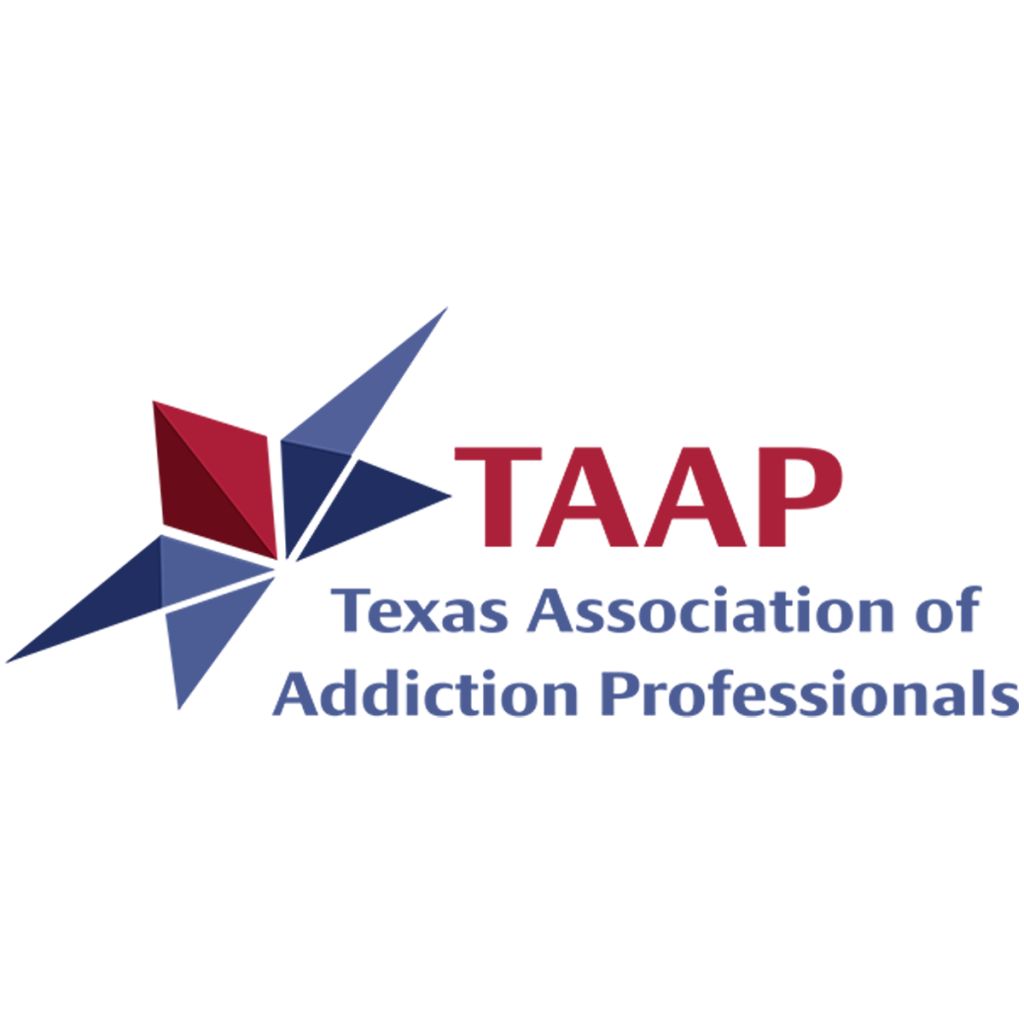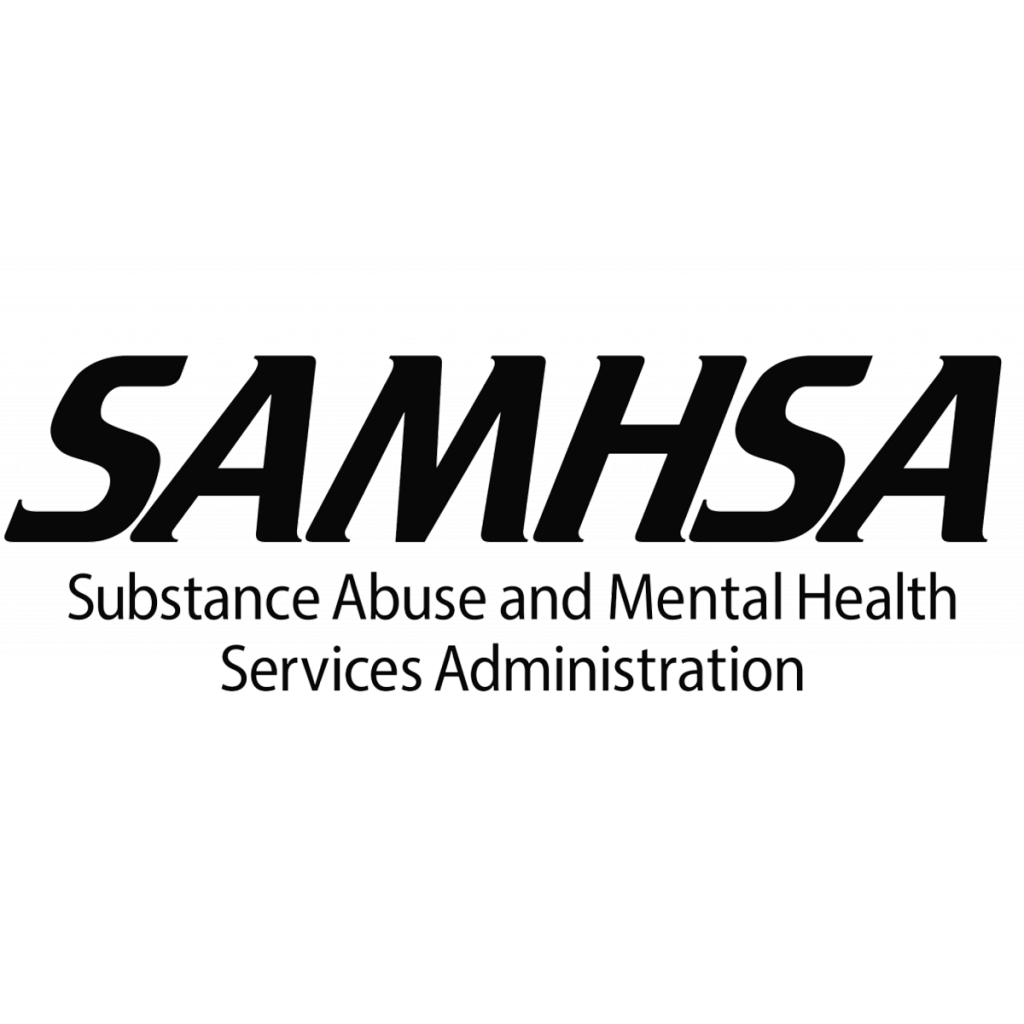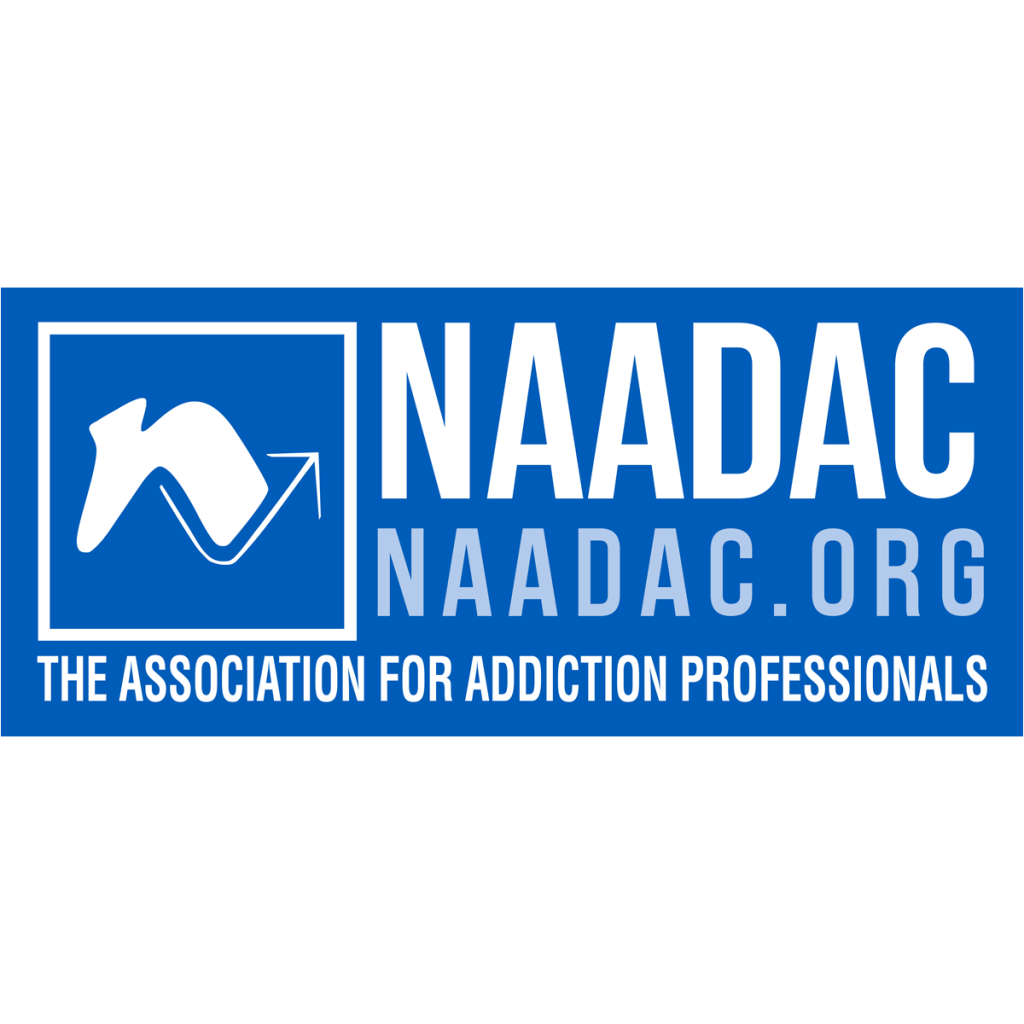
Table of Contents
Drug addiction is a complex and challenging issue that affects individuals from all walks of life. The landscape of drug addiction rehab is vast and diverse, with a wide range of treatment options and approaches available to those seeking help. From traditional, 12-step programs to holistic, alternative therapies, the world of drug rehab offers something for everyone.
In Austin, Texas, there are many rehab facilities and programs that help people with addiction. This guide will help you understand drug addiction rehab better. It covers different types of programs, their benefits, and how to choose the right treatment for yourself or a loved one.
Understanding drug addiction rehab
Recovering from drug addiction involves addressing physical, psychological, and emotional aspects through a holistic approach. Treatment typically begins with a thorough assessment to determine the best course of action for each individual. This could involve detox to safely remove drugs from the body.
After detox, therapy and counseling can help address underlying issues that may have contributed to the addiction. Services like group therapy, family counseling, and aftercare programs are important for helping people stay sober in the long run.
It’s important for people getting help and their loved ones to understand the rehab process. This helps them make good choices and give the right support during the recovery journey. By following a personalized treatment plan, people can overcome addiction and create a healthier, drug-free life.
Different types of drug addiction treatment
Drug addiction treatment is a complex and multifaceted process that requires careful consideration of the various approaches available. Residential treatment programs give constant care in a structured setting, offering strong support and supervision for people dealing with addiction. Outpatient programs let people get treatment while still doing their daily tasks. They offer flexibility and independence, but need more self-control.
Detoxification services help individuals safely withdraw from drugs or alcohol, managing withdrawal symptoms and preparing them for further treatment. Medication-assisted treatment combines medications with counseling and behavioral therapies to address both the physical and psychological aspects of addiction.
There are benefits and challenges to each approach. It is important for individuals to consider their needs and goals. This will help them choose the best treatment option for their recovery. Understanding the differences between these methods can help people make better choices and increase their chances of overcoming addiction.
Factors to consider when choosing a drug rehab program
When choosing a drug rehab program, it’s crucial to think about different factors to make the right choice for your recovery. You should look into the accreditation of the facility to ensure that it meets certain standards of care. The staff’s qualifications and experience are important because they will help you through the treatment process.
The treatment approach at the facility should match your preferences and needs, whether it’s traditional methods or alternative therapies. Program success rates show how well it works. Aftercare support is important for staying sober after finishing the program.
Also think about where the facility is, how much the program costs, and what extras are included. To have a successful rehab experience, carefully consider how these factors match your personal needs and preferences.
The role of counseling and therapy in drug addiction rehab
In drug addiction rehab, individuals should take part in counseling and therapy. This helps them address the psychological and emotional issues linked to their addiction. It is important to deal with these underlying issues to successfully overcome addiction.
Therapy and counseling provide support and guidance in understanding and managing these issues. During these sessions, individuals can examine the reasons for their addiction. They can also learn healthy coping mechanisms. Additionally, they can acquire important life skills to support their long-term recovery.
Individual therapy, group therapy, and family therapy all help people with different needs and challenges during their rehabilitation. Experienced counselors and therapists assist individuals in learning more about themselves. They help them understand the reasons behind their addiction. They also support them in becoming more self-aware. Additionally, they aid in personal growth.
Embracing the counseling and therapy component of rehab is pivotal in achieving successful results and establishing a solid foundation for sustained sobriety. Therapy helps people build strength and skills to handle life’s challenges without relying on drugs or alcohol.
The importance of aftercare services in maintaining sobriety
Completing a drug addiction rehab program is a major accomplishment, but the journey doesn’t end there. The real challenge begins as individuals have to navigate through their daily lives while staying committed to their sobriety. Aftercare services are important for helping individuals maintain their sobriety.
Aftercare services offer various types of support. This includes therapy sessions to address underlying issues. There are also support groups to connect with others in recovery.
Additionally, sober living options are available for a safe environment. Access to community resources is provided for extra help. Aftercare services assist individuals in transitioning back into their daily routines. They offer tools and support to help them stay sober. The goal is to continue progressing on the path to recovery.
Addressing stigma and promoting inclusivity in drug addiction rehab
The stigma surrounding drug addiction can create barriers for individuals seeking help on their journey to recovery. At drug addiction rehab facilities, creating a safe and inclusive environment is crucial in supporting individuals through their treatment.
Education and awareness campaigns can help correct misunderstandings about addiction, leading to a clearer understanding of the disease’s complexities. Using non-judgmental language and practices helps make sure that everyone who needs help is treated with respect and empathy.
Supporting diversity and inclusivity in drug rehab is crucial for creating a welcoming and effective recovery environment for everyone. Creating a welcoming and empowering space can help individuals feel more comfortable and motivated. This can encourage them to seek help for their recovery journey. It does this by reducing stigma.
Sober fun places to visit in Austin, Texas
Exploring fun and sober activities in Austin, Texas can be invigorating for individuals in drug addiction recovery. There are many fun things to do in Austin that don’t involve drugs or alcohol. You can visit Zilker Park, Lady Bird Lake, or the Blanton Museum of Art.
Choosing a healthy lifestyle focused on well-being and happiness without relying on drugs or alcohol can be empowering and satisfying. Joining a supportive community and doing positive activities can help people stay sober and find new interests during their recovery journey. Austin’s vibrant and diverse landscape provides a perfect setting for individuals to enjoy life in recovery to the fullest.
Recovery With Nova
At Nova Recovery Center, Houston we provide our patients with a very comfortable detox process, where medical professionals provide monitoring and care around the clock. You will be provided with all the medications you need to combat the withdrawal symptoms. You will enroll in the in-patient recovery program where you’ll learn to stay away from drugs, through counseling, group therapy, etc.
Nova Recovery Center commits to helping you overcome your addiction so you can get back to what is most important to you. If you or someone you know are struggling with addiction, Nova Recovery Center can provide support. We have locations in Austin, Houston, and Wimberley Texas. Call today to begin your journey in recovery at (888) 428-1501.





